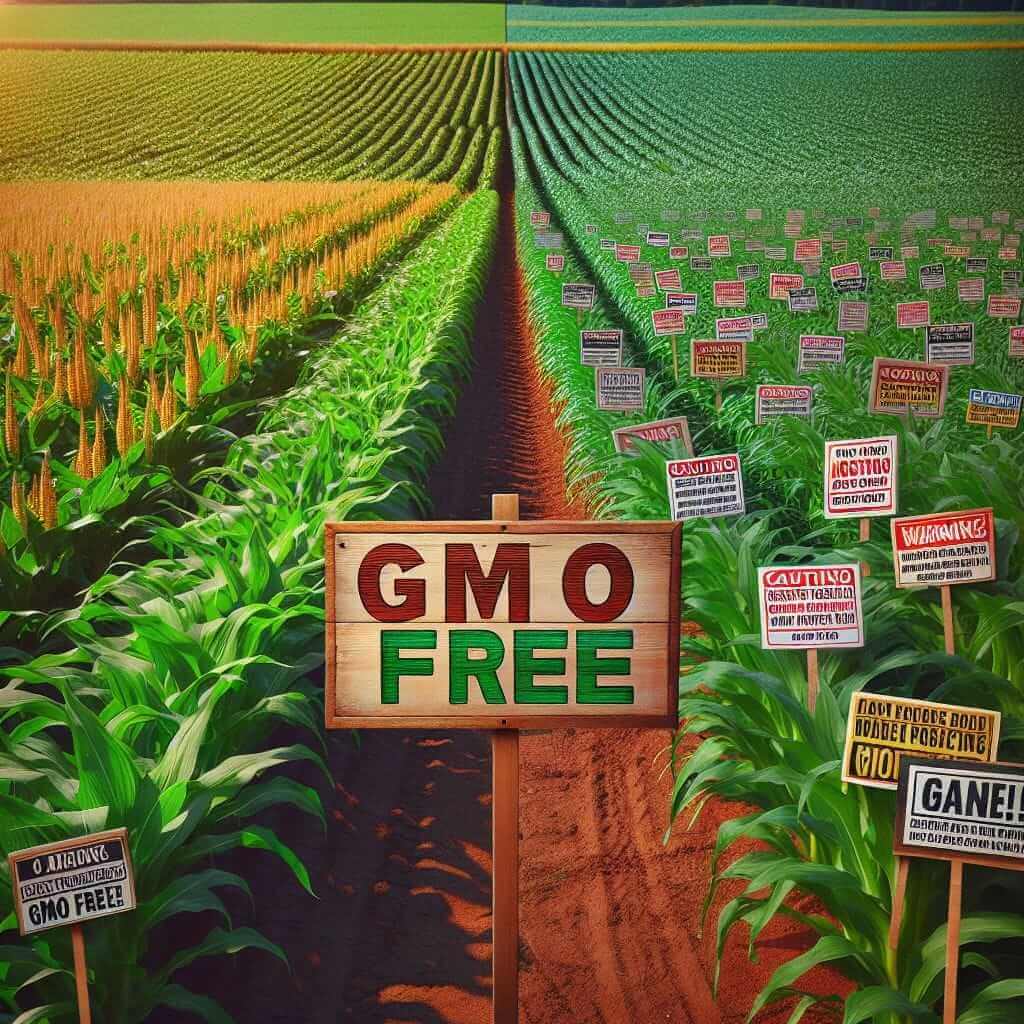The Reading section of the IELTS test can be challenging, particularly when dealing with complex topics such as genetic modification and its ethical concerns. Knowing the recurrent themes and being able to predict potential questions is advantageous. Historically, topics like genetic modification have been popular in the IELTS Reading section due to their relevance and controversy. This article aims to provide an insightful practice test on “What are the ethical concerns surrounding genetic modification?” with a complete reading passage, followed by questions, answer keys, and detailed explanations.
Reading Passage
Ethical Concerns Surrounding Genetic Modification
Genetic modification (GM) is a powerful technological advancement that involves altering the genetic makeup of organisms, including plants, animals, and microorganisms. While the potential benefits of GM are immense, ranging from increased agricultural yields to medical advancements, the ethical concerns are equally significant and diverse.
One primary ethical issue is the question of human intervention in natural processes. Critics argue that tampering with the genome of living organisms is akin to “playing God,” and it raises concerns about unforeseen consequences and moral boundaries. This is particularly significant in the context of human genome editing, where the potential to eradicate genetic disorders is overshadowed by fears of creating “designer babies” and enhancing certain human traits selectively.
Another considerable ethical dilemma involves the environmental impact of genetically modified organisms (GMOs). There is apprehension that GMOs could disrupt ecosystems, lead to a reduction in biodiversity, and contribute to the development of superweeds and pest resistance. These issues could potentially harm the delicate ecological balance and undermine sustainable agricultural practices.

Furthermore, the socio-economic implications cannot be overlooked. The commercialization and patenting of genetically modified seeds by large corporations raise questions about economic equity and food sovereignty. Smaller farmers may become dependent on expensive GM seeds, exacerbating economic disparities and leading to a monopolization of the food supply.
Labeling and consumer choice also come into play. Ethical concerns are heightened by the lack of transparency and informed consent for consumers. Many people are advocating for mandatory labeling of GM foods so that consumers can make informed choices based on their ethical, health, and environmental considerations.
In conclusion, while genetic modification holds significant promise for the future, the ethical concerns it raises must be addressed proactively. Balancing the potential benefits with the moral, environmental, and socio-economic implications is crucial in advancing this technology responsibly.
Practice Questions
Question Type: Medium Text
Multiple Choice
-
What is one of the main benefits of genetic modification mentioned in the passage?
- A) Reduced agricultural yields
- B) Increased agricultural yields
- C) Increased biodiversity
- D) Creation of superweeds
-
Why do critics consider genome editing of humans to be controversial?
- A) It is seen as enhancing biodiversity.
- B) It may lead to the creation of “designer babies.”
- C) It eliminates genetic disorders.
- D) It increases pest resistance.
Identifying Writer’s Views/Claims (Yes/No/Not Given)
-
The writer believes that the economic disparities caused by GM seeds are beneficial.
- Yes
- No
- Not Given
-
The passage suggests that all GMOs lead to a reduction in biodiversity.
- Yes
- No
- Not Given
Summary Completion
Complete the summary below. Choose NO MORE THAN TWO WORDS from the passage for each answer.
One ethical concern regarding genetic modification is the notion of (5) in natural processes, which some people believe is like ‘playing God.’ There are fears about unforeseen consequences and moral boundaries, especially in (6) genome editing. Environmental impact is another significant issue, as GMOs could disrupt (7) , lead to superweeds, and affect sustainable agricultural practices. Socio-economic implications include economic equity and the potential (8) of the food supply by large corporations.
Answer Keys
-
B) Increased agricultural yields
-
B) It may lead to the creation of “designer babies.”
-
No
-
No
-
human intervention
-
human
-
ecosystems
-
monopolization
Common Errors and Tips
Common Mistakes
- Misinterpreting the question type: Always read the question type carefully to understand whether it asks for True/False/Not Given or Yes/No/Not Given.
- Misunderstanding complex vocabulary: Some students struggle with advanced terminology. Use context clues to derive meanings.
- Overlooking essential details: Pay attention to keywords and phrases that indicate the main idea or specific details.
Vocabulary
- Genome (n.) /ˈdʒiː.nəʊm/: The complete set of genes or genetic material present in an organism.
- Tampering (v.) /ˈtæm.pər.ɪŋ/: Interfering with something in order to cause damage or make unauthorized alterations.
- Biodiversity (n.) /ˌbaɪ.oʊ.dɪˈvɜr.sə.ti/: The variety of plant and animal life in a particular habitat.
Grammar
- Relative Clauses: “Scientists are working on genetic modification, which involves altering the genetic material of organisms.”
- Passive Voice: “The commercial use of GM seeds is often criticized for potential monopolization.”
Advice for High Reading Scores
- Practice regularly: Engage in daily reading practice with complex texts to enhance comprehension skills.
- Understand question types: Familiarize yourself with different IELTS Reading question types and practice each.
- Develop a strategy: Learn to manage your time effectively and develop a strategy for each section.
By focusing on these tips and regularly practicing using realistic IELTS-style passages, you can significantly improve your reading skills and achieve a high score on the IELTS Reading test.